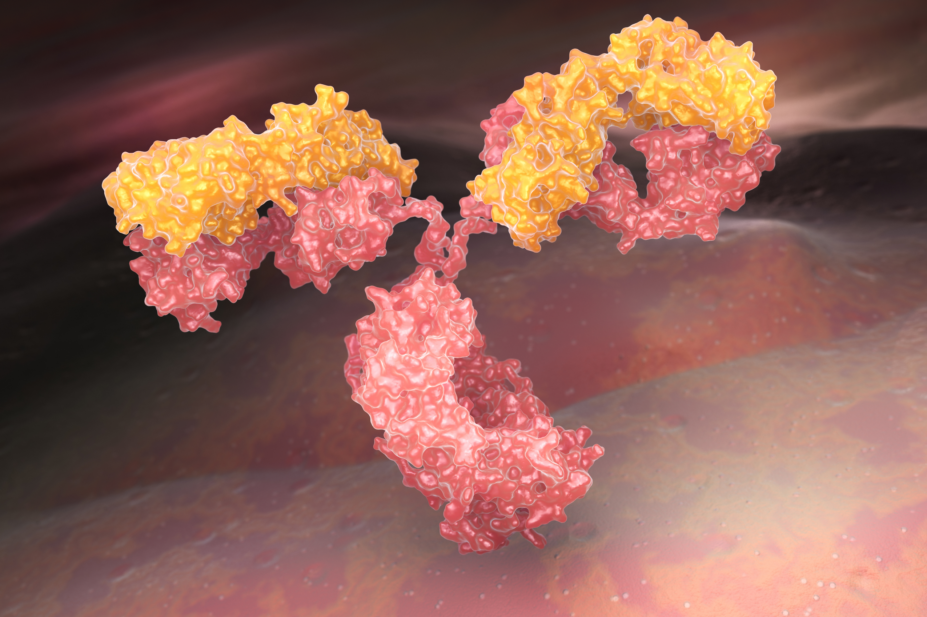
Shutterstock.com
Early aggressive therapy for multiple sclerosis (MS) is associated with improved long-term outcomes compared with an escalation approach, a study in JAMA Neurology (online, 18 February 2019) has shown[1]
.
The research used data on 592 patients diagnosed with MS in South East Wales who first received disease-modifying therapy (DMT) between 1998 and 2016.
Over the first five years of starting DMT, the change in expanded disability status score (measured from 0–10) was significantly less in patients that were initiated on high-efficacy treatment (monoclonal antibodies), compared with those who commenced treatment on a moderate-efficacy DMT (+0.3 vs. +1.2).
The researchers explained that monoclonal antibody therapies were often reserved for patients deemed at greatest risk of disease progression, largely owing to concerns over safety. However, they added that this approach had not been verified in randomised trials and mechanisms may not be in place to detect treatment failure quickly enough.
“Our study undermines the prevalent belief that an escalation approach represents a lower-risk strategy to MS treatment and suggests that in the real world, an escalation approach to DMT may be inadequate to prevent unfavourable long-term outcomes,” they concluded.
References
[1] Harding K, Williams O, Willis M et al. Clinical outcomes of escalation vs early intensive disease-modifying therapy in patients with multiple sclerosis. JAMA Neurol 2019; In press. doi: 10.1001/jamaneurol.2018.4905


